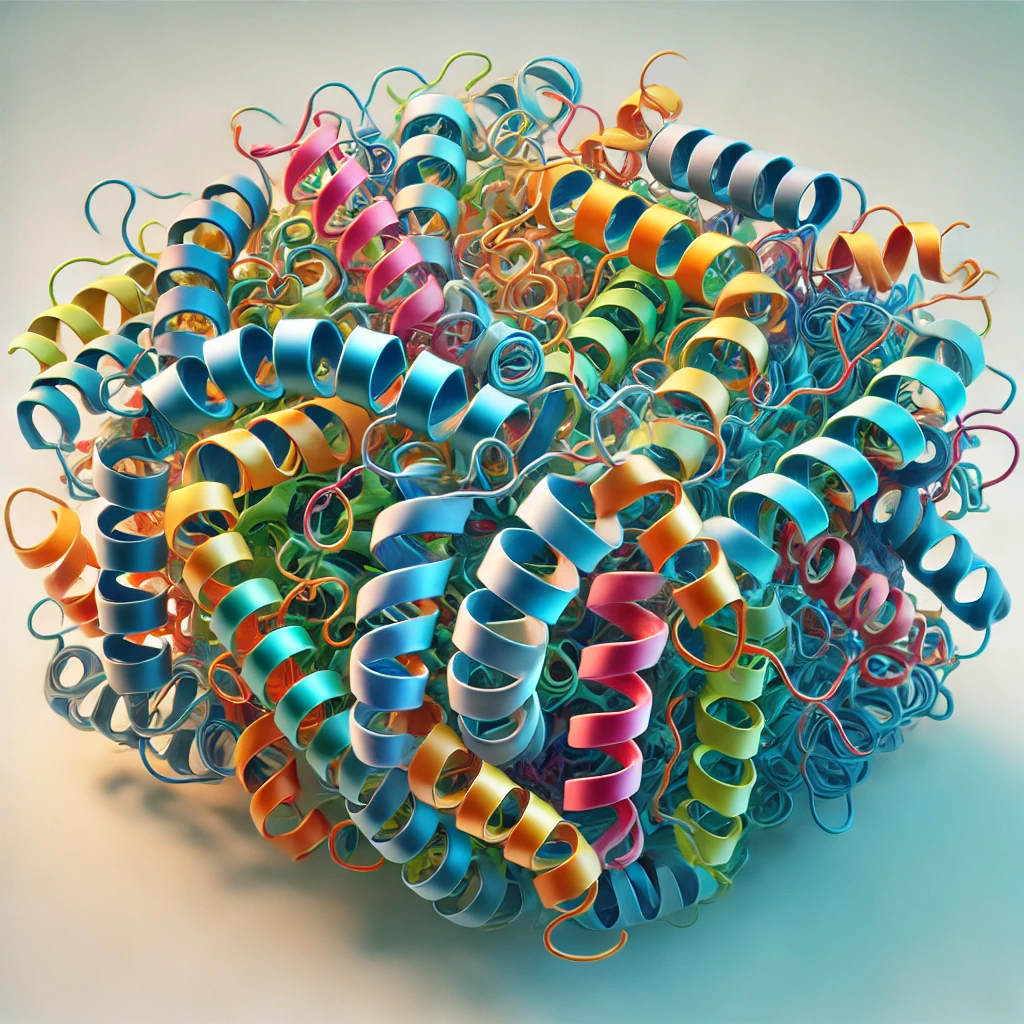A New Era in Research: The Nobel Prizes Showcase AI’s Transformative Power

What do two of the recent Nobel Prize awards have in common? In both cases of the Chemistry award and the Physics award, the committees recognized the transformative power of artificial intelligence, and the high-performance computing (HPC) that underpins it.
Geoffrey Hinton of Google DeepMind and Princeton professor John J Hopfield received the physics honor for their groundbreaking work in artificial neural networks. “The laureates’ work has already been of the greatest benefit. In physics we use artificial neural networks in a vast range of areas, such as developing new materials with specific properties,” says Ellen Moons, Chair of the Nobel Committee for Physics.
Demis Hassabis and John Jumper from Google's AI division DeepMind and David Baker from the University of Washington were awarded the 2024 Nobel Prize in Chemistry. Hassabis and Jumper received the award for AlphaFold2, an AI system that accurately predicts the 3D structures of proteins from their amino acid sequences in minutes. AlphaFold has predicted over 200 million protein structures, and has, so far, over 2 million users. This means it has already potentially saved millions of dollars and hundreds of millions of years in research time.
Researchers at the University of Arizona take advantage of AlphaFold to advance their studies of protein folding using Puma, our newer supercomputer. We host the dataset to save researchers a lot of time, storage capacity, and provide compute performance. Our copy has over 200,000 files in 2.8TB. The latest is a lot bigger. We also host the containers with the code required.
